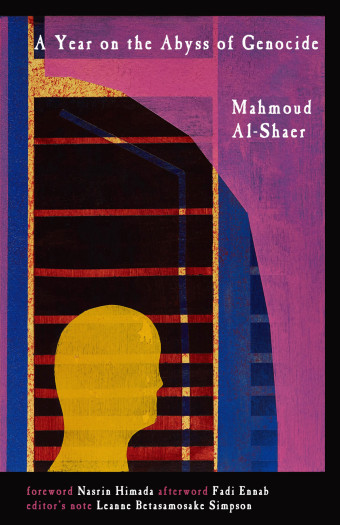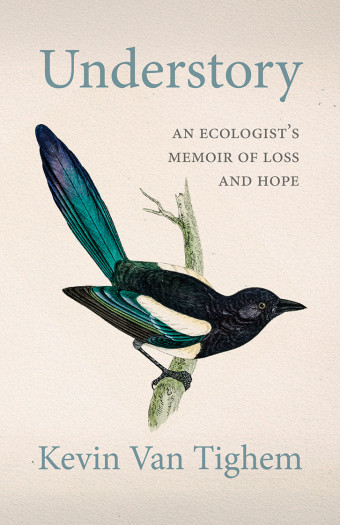In Malleable Forms: Selected Essays, Meeka Walsh, long-time editor of the art magazine Border Crossings, has collected just under half of the essays she’s published over the last 30 years. Choosing the essays involved a lot of reading and “a sort of travelling back through the incidents of my life and the world around me,” says the member of the Order of Canada.

- Malleable Forms
- Meeka Walsh
- Arbeiter Ring Publishing Ltd.
- $29.95 Paperback, 480 pages
- ISBN: 978-19-27886-60-1
Walsh attends to that world and renders it vividly throughout these essays. The world around her begins with Winnipeg, as explored in the first essay, “Dream City Shimmering.”
“It sounds, from the title, that I am ascribing to Winnipeg an awful lot, seeing it as ideal and shimmering, but in fact, artists who inhabit the city have created it as a myth and to some small extent – at least as it is seen in the larger cultural world outside of Winnipeg – that is the city. But it is a made place, an imagined place that I am referring to,” Walsh says.
“I love the city; it’s my home, but it houses less imagination, now, I think, than it did when it grew at the forks of our two rivers, on the plains around the rivers. I believe it grew from ideas and dreams of what was possible. Those ephemeral generative essences seem perhaps less valued now.”
In these essays, Walsh’s observations are both broad and deep, landing on the city, yes, but also on the poem or the painting, and, more importantly, on what lies behind or above or underneath these magnets for her notice.
“I think,” she says, “when we make something, we are drawing from our own experience, our own perceptions, responses. I’m not so interested in the distant objective stance. We are not ciphers, even though institutions and bureaucracies would like to wedge us into uniform measurable sameness.”

The 45 essays in the collection stand in contrast to the final two pieces, which appear in a section titled “Parables.” Different in tone and in scope from the rest, “The Woman Who Ate Money: A Parable for Our Times” and “Say Bird: A Consideration of Interspecies Romance” punctuate the essays and bring the urgency of them into sharper focus.
Walsh explains, “I placed them at the end as though to say: ‘and also.’ I had some other things I wanted to say. They are almost instructional, sort of allegorical lessons, but not in a big moral sense.”
Among the many themes threading through Malleable Forms is the question of what art gives us in this contemporary moment, and what art requires of us.
“I refer in a few of the essays to Cynthia Ozick, an American essayist [and] fiction writer, and she speaks of ‘a moral corona of purpose’ by which she means that there is an essence that art should carry, almost an obligation in the special place that it holds, to enlighten, or lead, or enrich,” says Walsh.
“Art in all its forms has much to say to us today. I count on it.”













